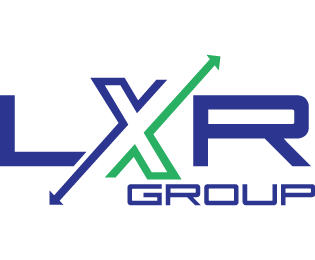Today’s hearing of the Senate Committee on Banking, Housing and Urban Affairs gave lawmakers a rare opportunity to directly question the SEC chairman. Indeed, during a year in which the SEC has pursued a visible, ambitious, and often politically divisive regulatory agenda, the SEC Chair has testified to Congress on only a single occasion, and that was a relatively benign budget subcommittee hearing, back in May.
Here are eleven key takeaways from today’s hearing:
1. The Committee is laser focused on two issues: (1) climate impact disclosure, and (2) digital assets.
2. Republicans on the Committee believe the Supreme Court’s ruling in West Virginia v. EPA has significantly increased their leverage in pushing back against any climate impact disclosure regulatory framework imposed by the SEC, and presumably by regulators generally. Multiple Republican members = including notably Sen. Pat Toomey (R-PA) – warned Gensler that the SEC’s May 2022 rule proposal presently under consideration would likely violate the “Major Questions Doctrine” at the center of the holding.
3. So-called “Scope 3 ” emissions disclosure requirements remain – by far – the biggest political liability of the SEC’s climate disclosure proposal. Opponents of the SEC rule proposal have been successful in persuading lawmakers that “ambiguity” about the impact of “Scope 3” requirements could damage small, private businesses, which provide services to the public companies.’ Based on the hearing, the most effective critics of the SEC’s proposal include American Farm Bureau Federation and the petroleum lobby. Sen. Elizabeth Warren used the entirety of her time to defend the necessity of Scope 3 emissions disclosure, “otherwise public companies have incentive to hire smaller non-reporting company to do their dirty work; make themselves appear greener.”
4. The SEC Chair is not backing away from his contention that many or most “digital” and “crypto” assets are in fact securities. If anything, he seems to be doubling down. However, Republicans appear to be unified in their belief that the SEC should not primary regulator of “digital assets.”
5. The Chair passed up several opportunities to clarify his thinking on Ether, including with respect to statements by his predecessor that it likely does not qualify as a security.
6. The SEC Chair continues to struggle when asked why his agency has declined to provide a uniform “road map” for crypto issuers or intermediaries in the ecosystem to bring themselves into compliance with the federal securities laws.
7. Senator Jack Reed (D-RI) announced the introduction of legislation that would revise Section 12(g) of the Exchange Act to address the expansion of private markets. The bill would establish new metrics that would make it impossible for very large issuers to register with the SEC.
8. Senators generally avoided direct reference to the Gillibrand-Lummis Sen. Lummis (R-WY) herself stated that she does not envision any scenario in which crypto legislation such as her proposal could pass the Senate in 2022. She also said that when the legislation is reintroduced, in 2023, it may clarify SEC authorities with respect to initial coin offerings, or ICOs.
9. The pace at which the SEC has been pursuing rulemakings without the appearance of consulting Congress has become a major source of contention. Gensler has benefited tremendously from the deference accorded to him and the SEC by the present Democratic chairs of the Senate Banking Committee and the House Financial Services Committee. That is poised to change abruptly in the event that Republicans win control of one or both houses of Congress.
10. The Holding Foreign Companies Accountable Act appears to be working and achieving more-or-less exactly what Congress intended. Gensler thanked its authors for providing the SEC with “additional leverage” to use in its PRC government. Said Gensler, “we told the Chinese last August that we wouldn’t be willing to send the [PCAOB] inspectors over to China unless we could get a “detailed, prescriptive protocol” in place.” Gensler then proceeded to say that such an agreement was “signed” and PCAOB inspectors would be flying to China “tomorrow.”
11. Gary Gensler may not be a lawyer, but he’s a careful pro. Witness this exchange: Sen. John N. Kennedy (R-LA):
- Kennedy: “Now, in my last two minutes, I want to turn to this climate disclosure proposal. I don’t mean to be critical. I’m just trying to understand. Because I thought Sen. Tester made some good points. Presumably the purpose of the rule is to focus investors interest on climate change so that they demand that companies do a better job – the purpose of which is to lower the world’s temperature…” Gensler: “Actually, that’s not the purpose. We are not a merit regulator. So, the purpose actually is not to do what you just said. It’s just for investors to get the information.” Kennedy: “The people supporting the rule, I think that’s their intention.” Gensler: “Well, that’s not why I support it.”
###


